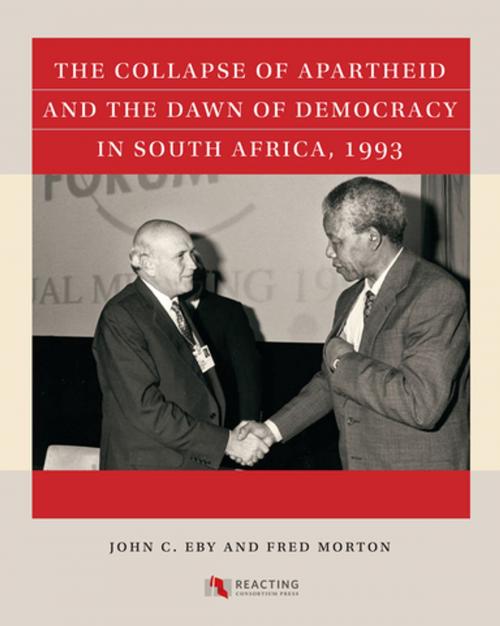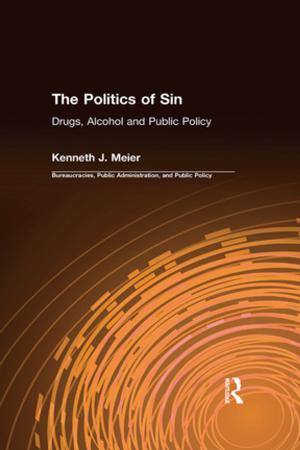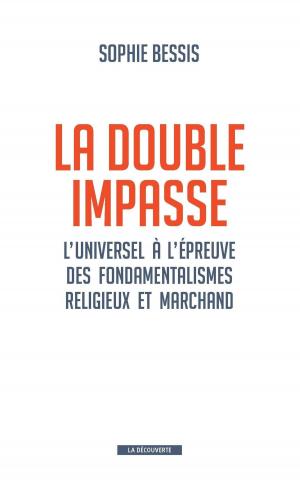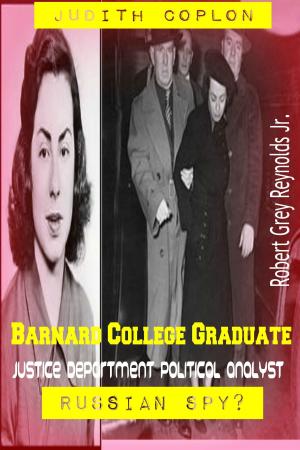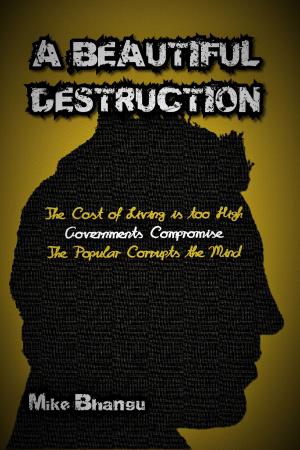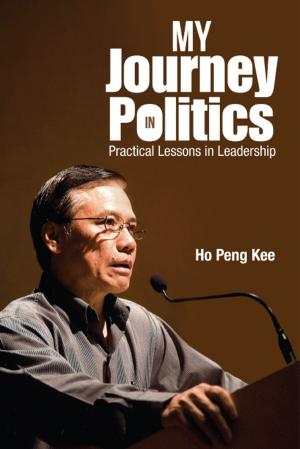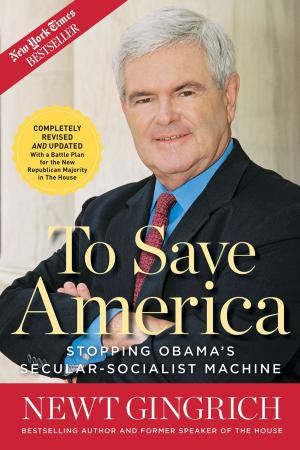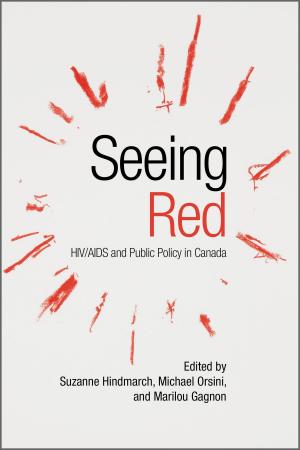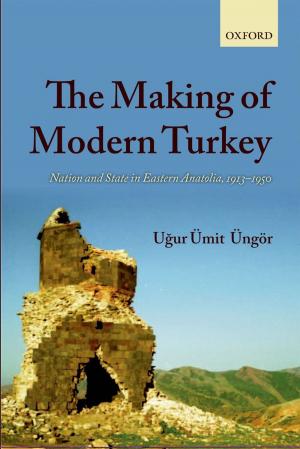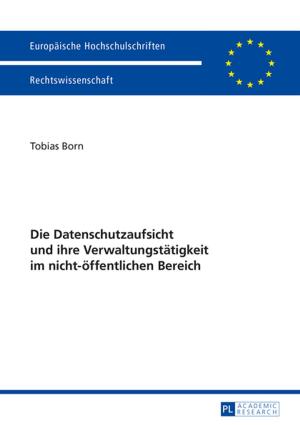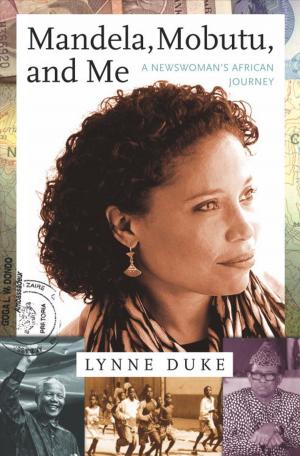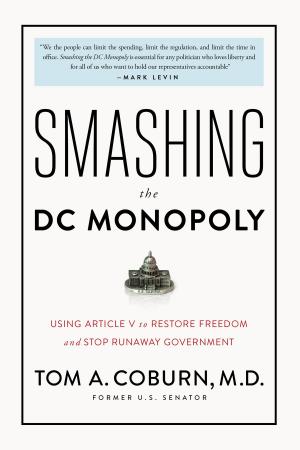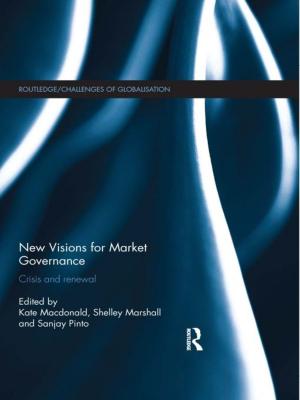The Collapse of Apartheid and the Dawn of Democracy in South Africa, 1993
Nonfiction, History, Africa, South Africa, Social & Cultural Studies, Political Science| Author: | John C. Eby, Fred Morton | ISBN: | 9781469633176 |
| Publisher: | Reacting Consortium Press | Publication: | April 17, 2017 |
| Imprint: | Reacting Consortium Press | Language: | English |
| Author: | John C. Eby, Fred Morton |
| ISBN: | 9781469633176 |
| Publisher: | Reacting Consortium Press |
| Publication: | April 17, 2017 |
| Imprint: | Reacting Consortium Press |
| Language: | English |
This game situates students in the Multiparty Negotiating Process taking place at the World Trade Center in Kempton Park in 1993. South Africa is facing tremendous social anxiety and violence. The object of the talks, and of the game, is to reach consensus for a constitution that will guide a post-apartheid South Africa. The country has immense racial diversity--white, black, Colored, Indian. For the negotiations, however, race turns out to be less critical than cultural, economic, and political diversity. Students are challenged to understand a complex landscape and to navigate a surprising web of alliances.
The game focuses on the problem of transitioning a society conditioned to profound inequalities and harsh political repression into a more democratic, egalitarian system. Students will ponder carefully the meaning of democracy as a concept and may find that justice and equality are not always comfortable partners with liberty. While for the majority of South Africans, universal suffrage was a symbol of new democratic beginnings, it seemed to threaten the lives, families, and livelihoods of minorities and parties outside the African National Congress coalition. These deep tensions in the nature of democracy pose important questions about the character of justice and the best mechanisms for reaching national decisions.
Free supplementary materials for this textbook are available at the Reacting to the Past website. Visit https://reacting.barnard.edu/instructor-resources, click on the RTTP Game Library link, and create a free account to download what is available.
This game situates students in the Multiparty Negotiating Process taking place at the World Trade Center in Kempton Park in 1993. South Africa is facing tremendous social anxiety and violence. The object of the talks, and of the game, is to reach consensus for a constitution that will guide a post-apartheid South Africa. The country has immense racial diversity--white, black, Colored, Indian. For the negotiations, however, race turns out to be less critical than cultural, economic, and political diversity. Students are challenged to understand a complex landscape and to navigate a surprising web of alliances.
The game focuses on the problem of transitioning a society conditioned to profound inequalities and harsh political repression into a more democratic, egalitarian system. Students will ponder carefully the meaning of democracy as a concept and may find that justice and equality are not always comfortable partners with liberty. While for the majority of South Africans, universal suffrage was a symbol of new democratic beginnings, it seemed to threaten the lives, families, and livelihoods of minorities and parties outside the African National Congress coalition. These deep tensions in the nature of democracy pose important questions about the character of justice and the best mechanisms for reaching national decisions.
Free supplementary materials for this textbook are available at the Reacting to the Past website. Visit https://reacting.barnard.edu/instructor-resources, click on the RTTP Game Library link, and create a free account to download what is available.
